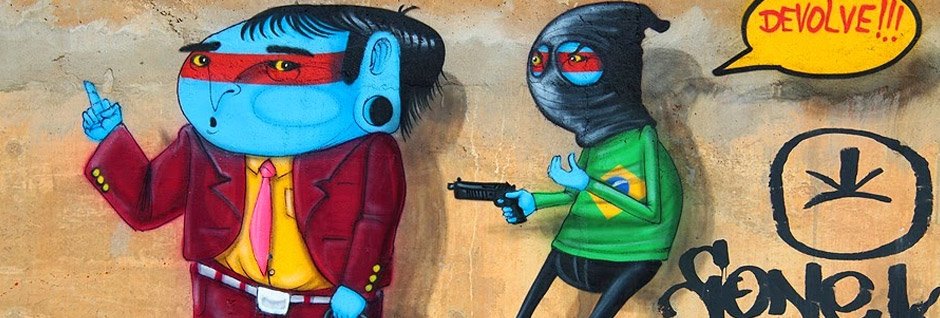Previously, we looked at how to use the portuguese verb SER. Now let's look at the differences between SER and ESTAR.
Ser
Ser is for intrinsic, somewhat permanent characteristics.
My name is (permanently/always) Raquel.
I am (permanently/always) Brazilian.
He is (somewhat permanently) married.
Estar
Estar is for temporary passing things. (ESTAR - the definitive reference)
They are (temporarily) late.
Veronica is (temporarily) at the gym.
The difference between the two is sometimes jokingly used by Brazilians:
Joana: Wow! You are beautiful (at this moment)!
I am not (temporarily) beautiful, I am (permanently/always) beautiful.
Death. It seems like it might be a permanent situation (ahem) but not in portuguese. Use estar:
Ele está morto há muito tempo.
He's been dead a long time.
The day. Brazilians will say, "It's a beautiful day" and use both ser as well as estar. That's probably because if you just mean the weather, that's a temporary (estar) aspect, but you could also be saying that the day is beautiful intrinsically and will go down in history as such... !
O dia está bonito!
Hoje é lindo!

 ESTAR – the definitive reference
ESTAR – the definitive reference  To SER or not to ser.
To SER or not to ser.
Comentários